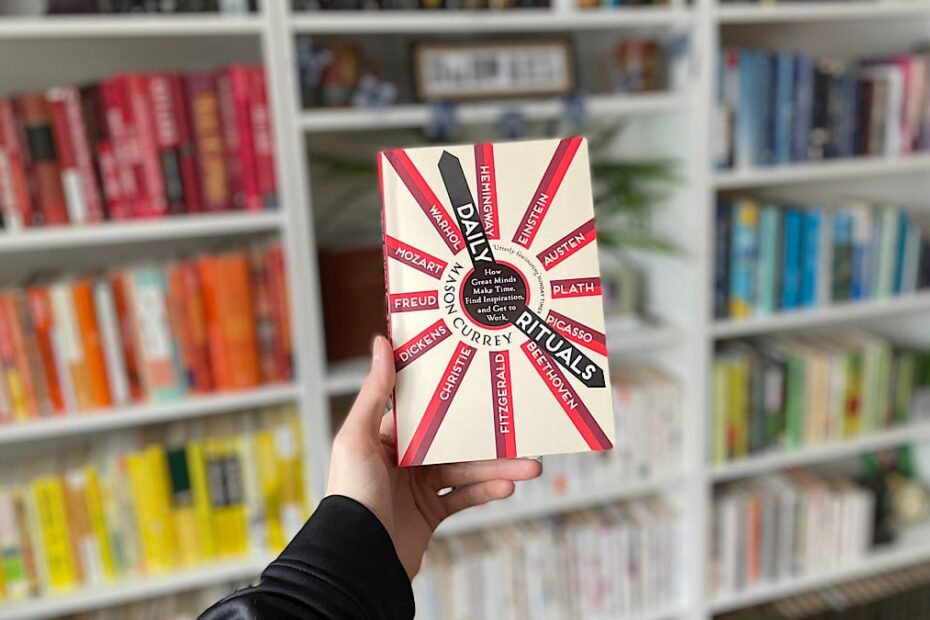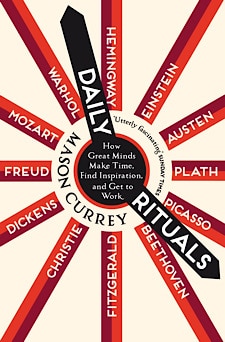“Like your bedroom, your writing room should be private, a place where you go to dream. Your schedule—in at about the same time every day, out when your thousand words are on paper or disk—exists in order to habituate yourself, to make yourself ready to dream just as you make yourself ready to sleep by going to bed at roughly the same time each night and following the same ritual as you go. In both writing and sleeping, we learn to be physically still at the same time we are encouraging our minds to unlock from the humdrum rational thinking of our daytime lives. And as your mind and body grow accustomed to a certain amount of sleep each night—six hours, seven, maybe even the recommended eight—so can you train your waking mind to sleep creatively and work out the vividly imagined waking dreams which are successful works of fiction.”
Stephen King, via Daily Rituals (Page 224)

